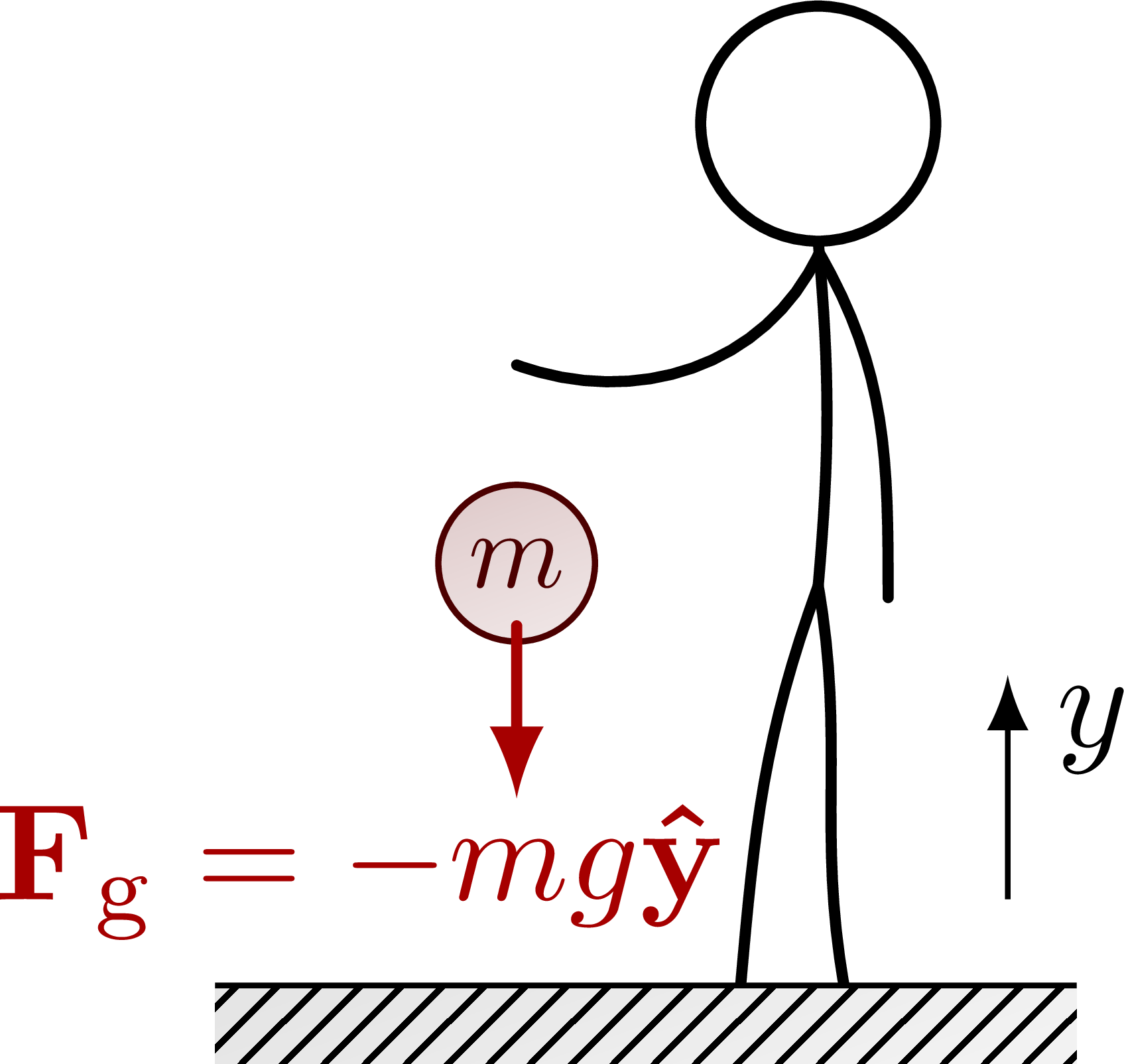Sept 8, 2023
As a child, I often wondered: If we gathered all the necessary substances and fully understood their interactions, could we create a human being from scratch? Later, in kindergarten and elementary school, another question struck me with equal force: Why am I me, and not the friend beside me washing his hands in ice-cold water? Why does my consciousness belong to me alone? Why is my experience of the world confined to the boundaries of my own mind—why can I only perceive my own thoughts but never truly feel the thoughts of others? Or, more unsettlingly, is my consciousness even mine at all?
As I grew older, I came to two realizations. The first answered my initial question: While matter can be divided infinitely, understanding its structure does not mean we can reconstruct what has been broken—knowing the blueprint does not grant us the power to reassemble a shattered masterpiece. The second realization was more profound: Humanity has uncovered countless truths through the lens of consciousness, yet we remain incapable of understanding where consciousness itself comes from. And therein lies its beauty—its enduring mystery.
So when I consider why we study biological psychology rather than just biology, I would like to quote:
“The mind emerges from the brain’s dance of ions, yet is not reducible to it.”
Irreducibility is one of the most fascinating aspects of the brain—and, in fact, of all complex systems that remain beyond our full comprehension. We can zoom in indefinitely, examining the finest details under a magnifying glass. But no matter how much we analyze, every detail is part of a greater mechanism, and even the smallest missing link can render the entire system incomprehensible.
Every day, molecules, ions, atoms, quarks, and bosons move and interact within our hands, clothes, computers, and brains—yet we do not simply call them “atomic combinations.” We still refer to them as hands, clothes, computers, brains. If all things are ultimately composed of atoms, why do we insist on naming them separately? Because they are more than just their parts.
A human is more than an atomic arrangement. A computer is more than an atomic arrangement. The brain is more than an atomic arrangement. If we attempt to unlock the black box of the mind but refuse to see beyond the microscopic processes—the intricate mechanisms and emergent properties—we will never truly understand the whole.
To study the mind solely by reducing it to its biological components is like analyzing a painting by obsessing over individual brushstrokes, never stepping back to see the full masterpiece. The essence of art, of consciousness, of life itself is not found in its smallest parts, but in the way they come together to form something greater—something we may never fully grasp, but must continue to seek.


